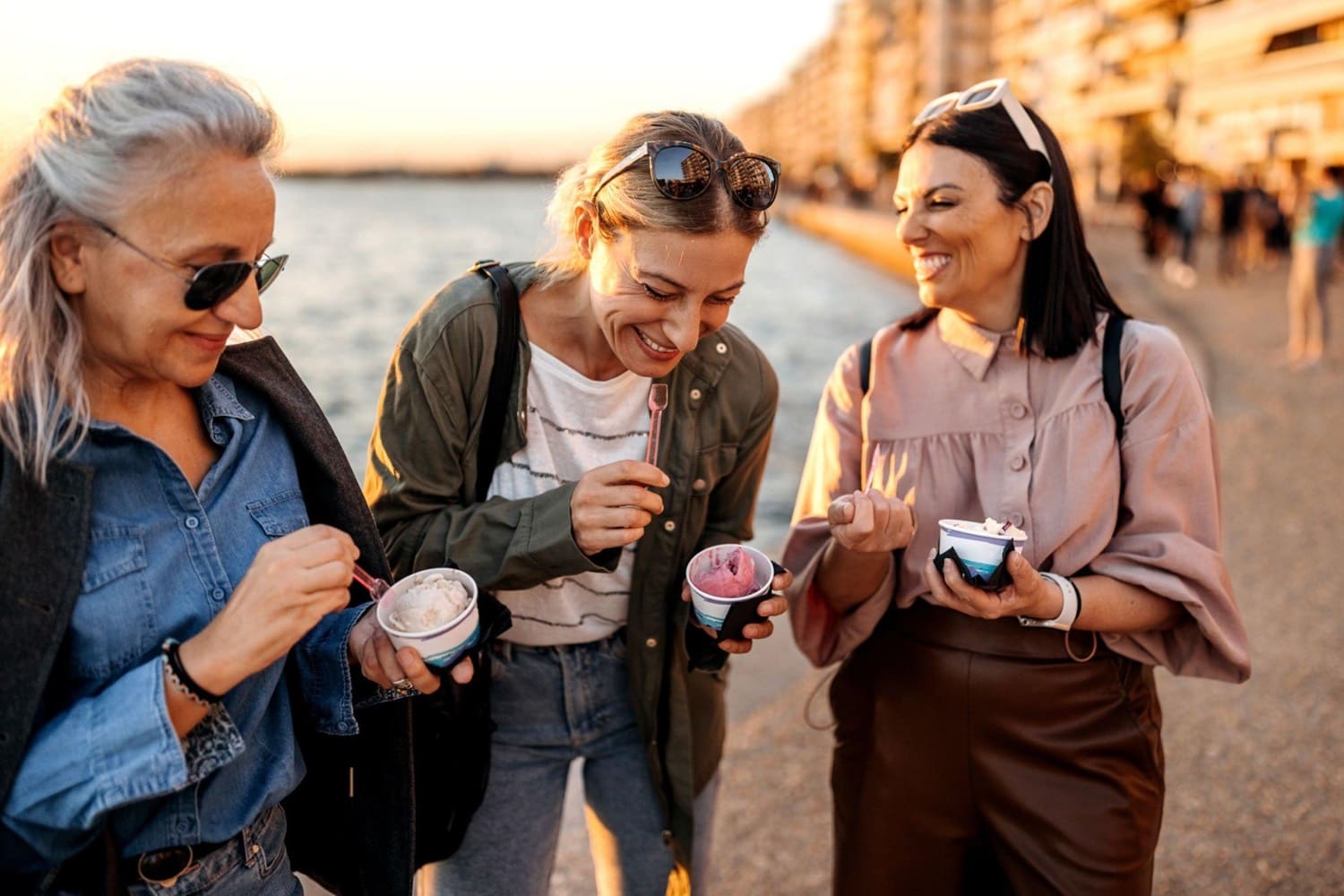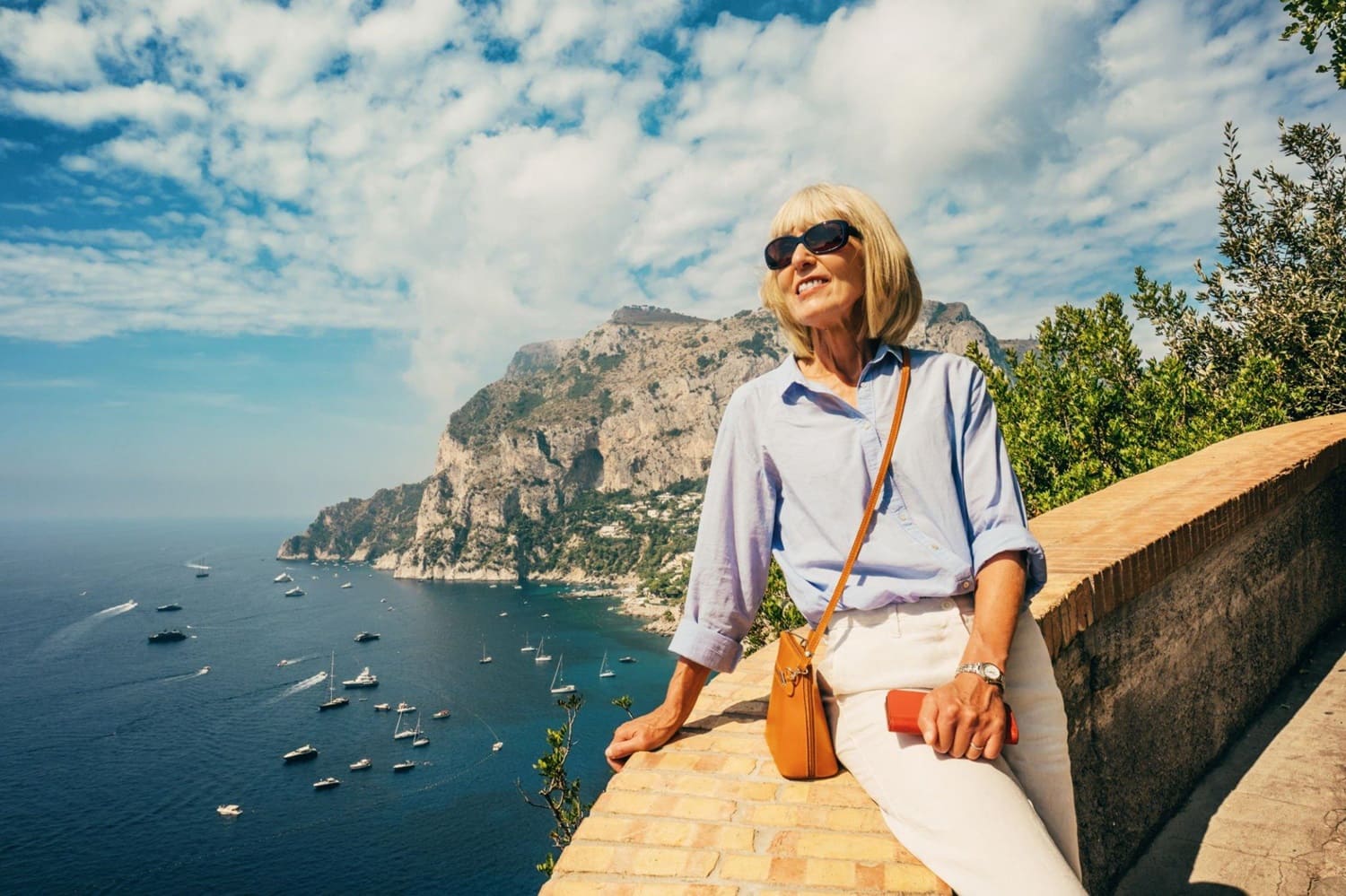Tips
How to maintain a routine when traveling

This question usually arises when you move quite far away from your home country. So far away that you change the time zone and the time you are used to in your country changes. A few hours forward or backward. It can be hard to get used to this, and it's even harder not to lose your routine after traveling like this. In this article we will try to help you solve this problem.
Try to stick to a regular daily routine
Maintaining a regular daily routine is a key element to maintaining health and well-being. Being consistent in your regimen allows your body to feel stable and efficient.
- It is important to wake up and go to bed around the same time each day to maintain a healthy sleep-wake cycle.
- Regular meals also play a significant role: eating on a schedule helps maintain energy and digestion.
- Regular physical activity throughout the day helps to keep your body toned.
However, when traveling, it can be difficult to maintain your routine due to time zone changes or new environments. Try to stick to the basic elements of your daily routine: if possible, maintain your usual sleeping and waking hours, try to eat on a regular schedule, and spend time on physical activity. This will help your body adapt to the new environment faster and keep you feeling comfortable and alert while traveling.

Try to stick to a more regular eating routine
Maintaining a more familiar eating routine while traveling plays an important role in maintaining health and wellness. A change of scenery and unusual diet can take a toll on the body, so trying to stick to a familiar diet becomes key.
It is important to keep regular meals: breakfast, lunch, dinner and snacks at your usual times. Try to choose healthy and nutritious foods so that your body gets the nutrients it needs. This will help keep you energized and feeling alert while traveling.
However, traveling can bring changes to your normal eating routine due to new cuisines or the availability of certain foods. Try to keep a balance and choose healthy food options, especially if you have to try new culinary delights. Most importantly, don't skip meals and try to keep regular intervals between meals. This will help your body adapt more easily to your new surroundings and keep you comfortable while traveling.
When traveling, try to be oriented to the time in your country
It is important when traveling to stay oriented to the time in your home country, especially at the beginning of your trip. This will help your body and mind adapt to the new schedule and time zones. For example, if you fly to another country where the time is different, try to be overly active as soon as you arrive.
It takes time for the body to get used to the new time. Therefore, it is a good idea to bring your routine back to your usual one by gradually transitioning to the new time. Plan activities based on your usual daily schedule so that you don't overload yourself at once.
However, over time, try to adapt to local time, especially if your stay will be long. This will help you fit in better with the local life, avoid feeling disoriented, and enjoy your trip by taking into account the time of the place where you are. The idea is to transition gradually so that your body can comfortably adapt to the new time zone.

Don't drink too much alcohol and don't "party" all night long
Consuming large amounts of alcohol and long nights of "partying" while traveling can have a negative impact on your well-being and comfort while traveling. Alcohol can cause dehydration, which is exacerbated by changing time zones and travel environments. This can lead to poor sleep, headaches, decreased energy and feeling awake.
Traveling itself requires the body to adapt to a new environment, and alcohol can complicate this process. Rest and moderate alcohol consumption may be preferable options for maintaining a comfortable state of mind while traveling.
This doesn't mean that you have to give up alcohol or entertainment completely. Just try to control the amount you drink and pay attention to regular rest. This will help you stay awake and energized while traveling, allowing you to better enjoy every moment and avoid possible negative health consequences.
Cautious use of sedatives can help
The use of sedatives, such as sedatives or sleeping pills, requires extra caution, especially when traveling. Although they can help relax or improve sleep in some situations, using them unnecessarily can be risky.
It is important to consult your doctor or pharmacist before taking sedatives! They will help you determine the dosage and the appropriate medication, taking into account your health and possible reactions to the medication.
When traveling, pay attention to the need for sedatives. Use them only when necessary and follow dosage recommendations, avoiding high doses or frequent use. Be aware that the effects of sedatives may be increased during flights or time zone changes, so taking the medication may require special attention.
It is important to remember that sedatives are not always the best solution for relaxing or improving sleep while traveling. Use them carefully and only as prescribed by your doctor, stick to the recommended dosage and always consider your physical and psychological state.
Avoid overly stressful situations

Avoiding overly stressful situations while traveling plays an important role in keeping you comfortable and enjoying your trip. Stress can have a negative impact on your physical and emotional well-being, which can affect your overall wellbeing while traveling. If you want to reduce the amount of stress at the beginning of your trip - don't forget to book your bus tickets online, it makes things a lot easier.
To reduce stress levels, try to plan your trip in advance by researching information about the place you are going to. This will help you avoid unpleasant surprises and unexpected complications. It's also worth having time to spare in case of delays or unexpected situations, so you don't feel rushed and worry about being late.
It is important to be able to respond to stressful situations and find ways to relax: breathe deeply, practice meditation or simply take a break to rest and calm down. It is also useful to have a plan of action in case of problems: thinking about possible solutions to problems in advance will help you feel more confident and calm.
Avoiding unnecessary stress while traveling will allow you to enjoy your adventure and maintain a positive travel experience.
Elena Chernenko
Elena is a recognized expert in the bus transportation industry. With a deep understanding of the industry and a wealth of experience, Elena has earned a reputation for reliability working with both large carriers and private companies. Her expertise includes route planning, safety analysis and efficiency of transportation solutions.
In her blog, Elena offers professional advice, reviews current market trends and shares her experience to help readers better understand the world of bus transportation.
Related publications
January 26, 2026
January 05, 2026




